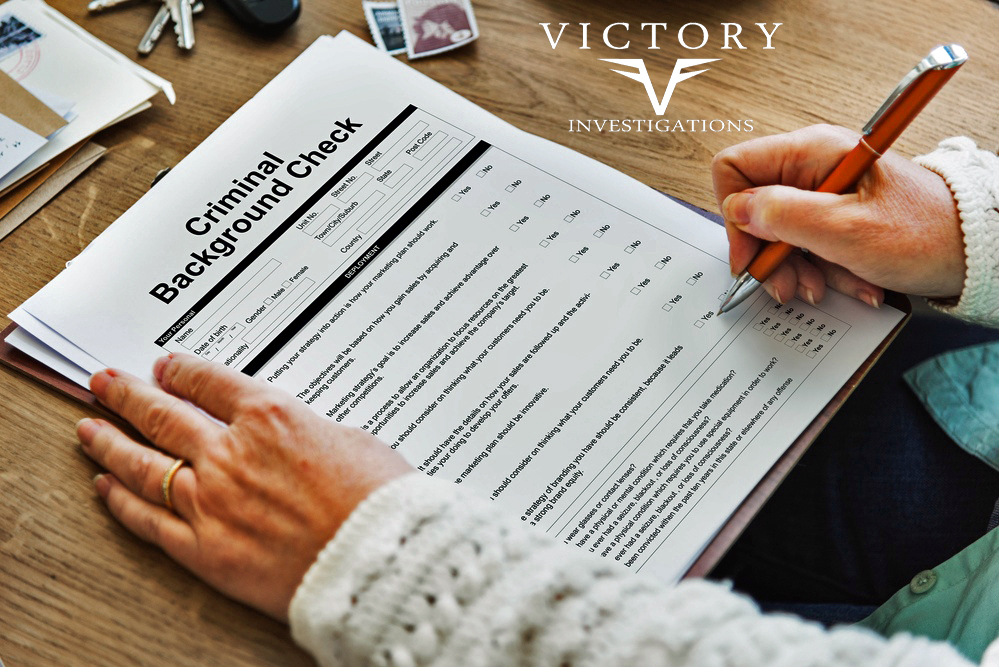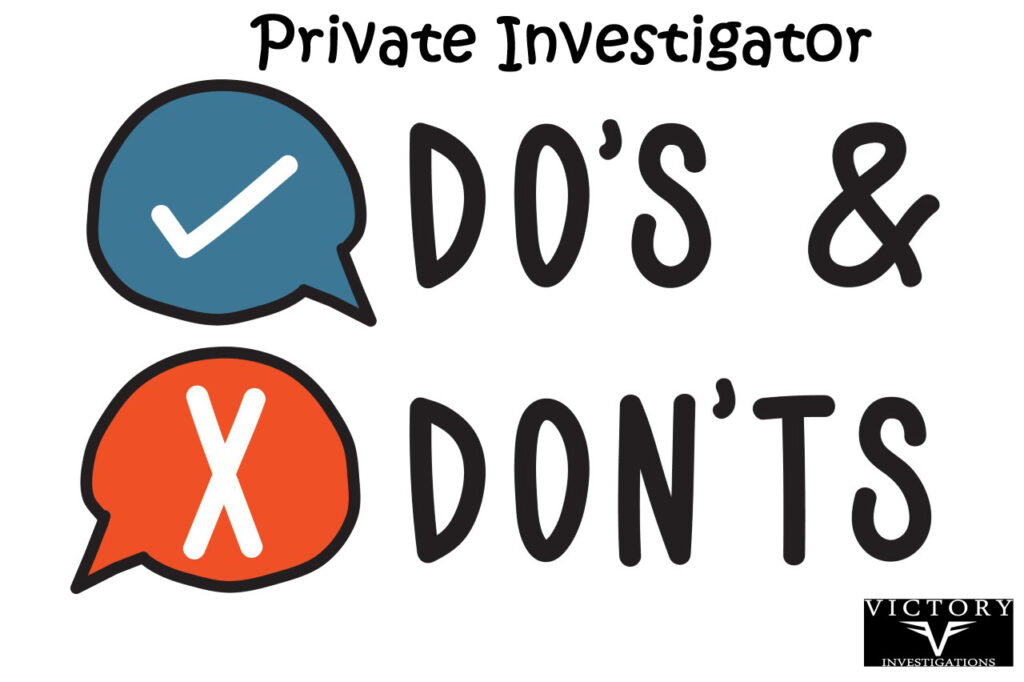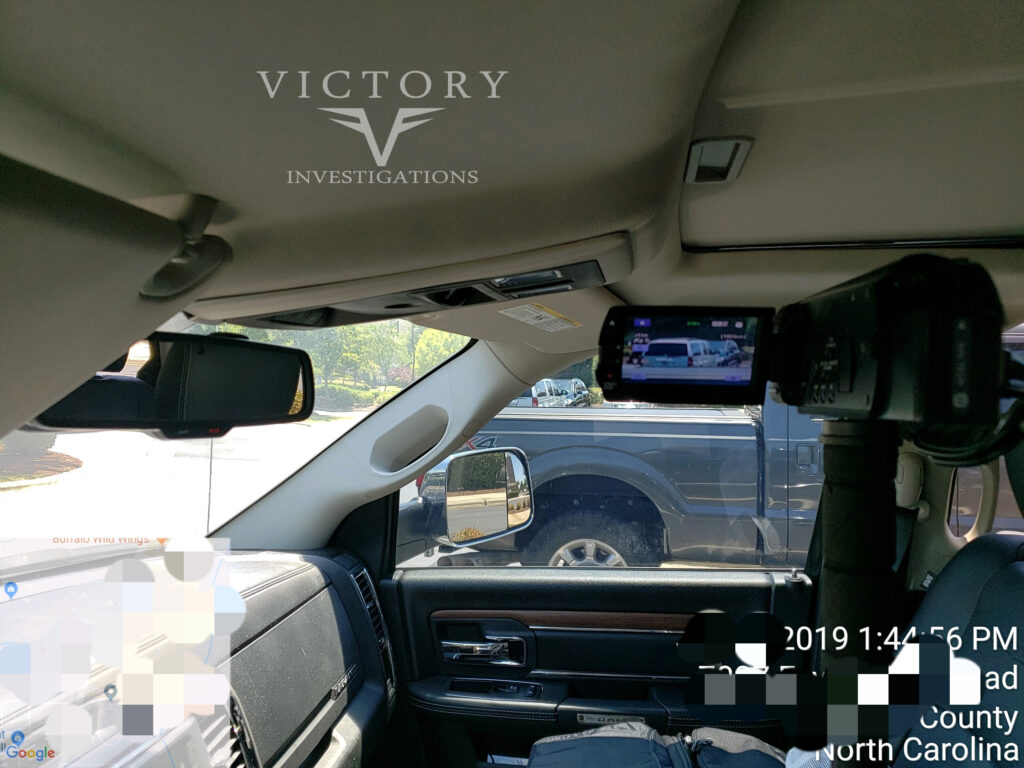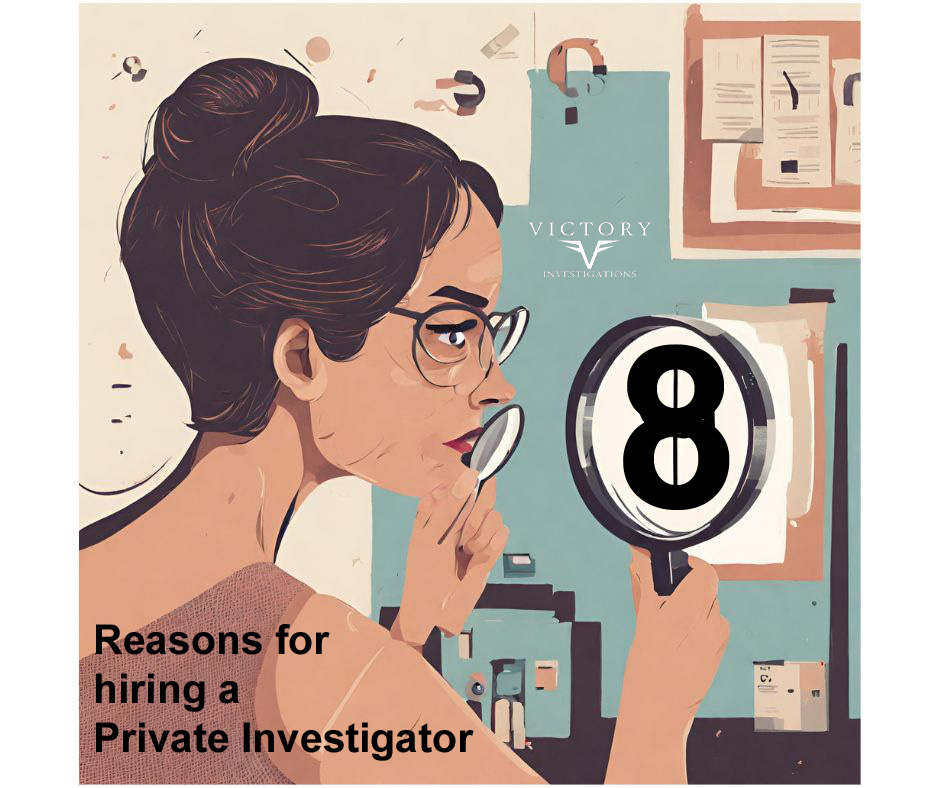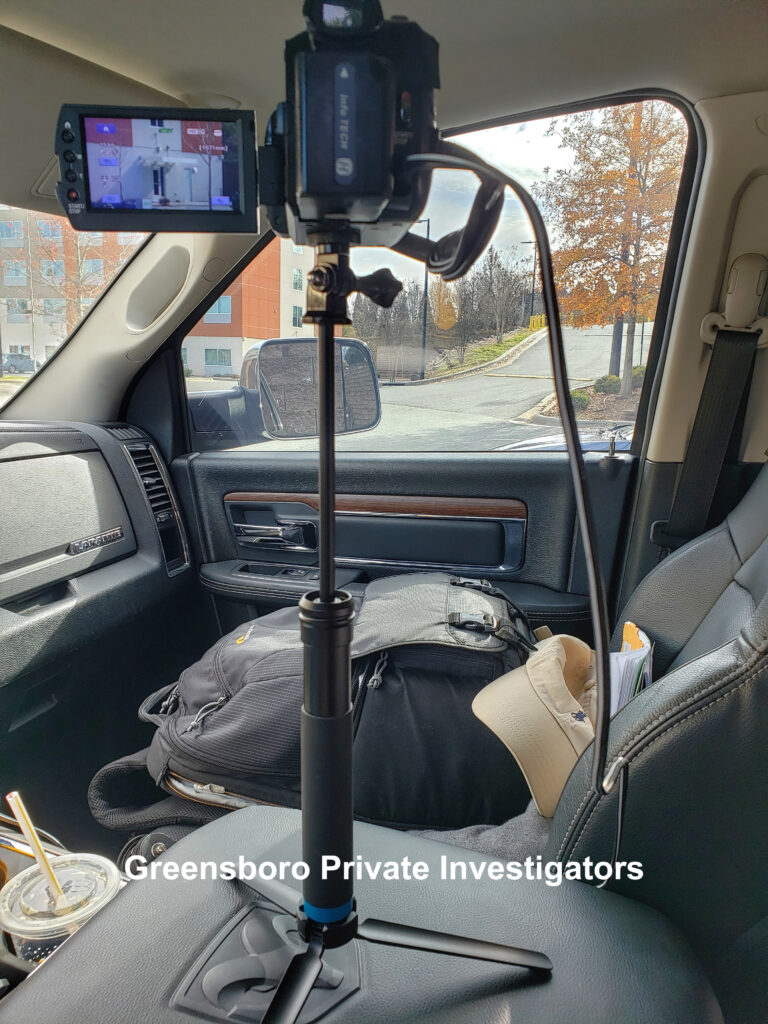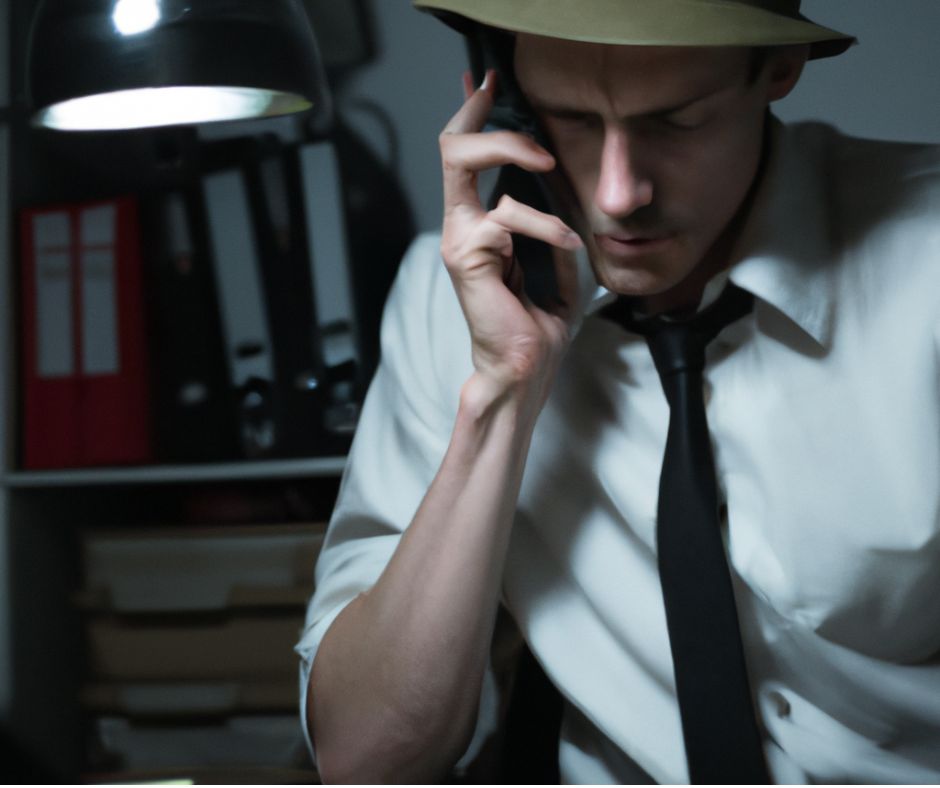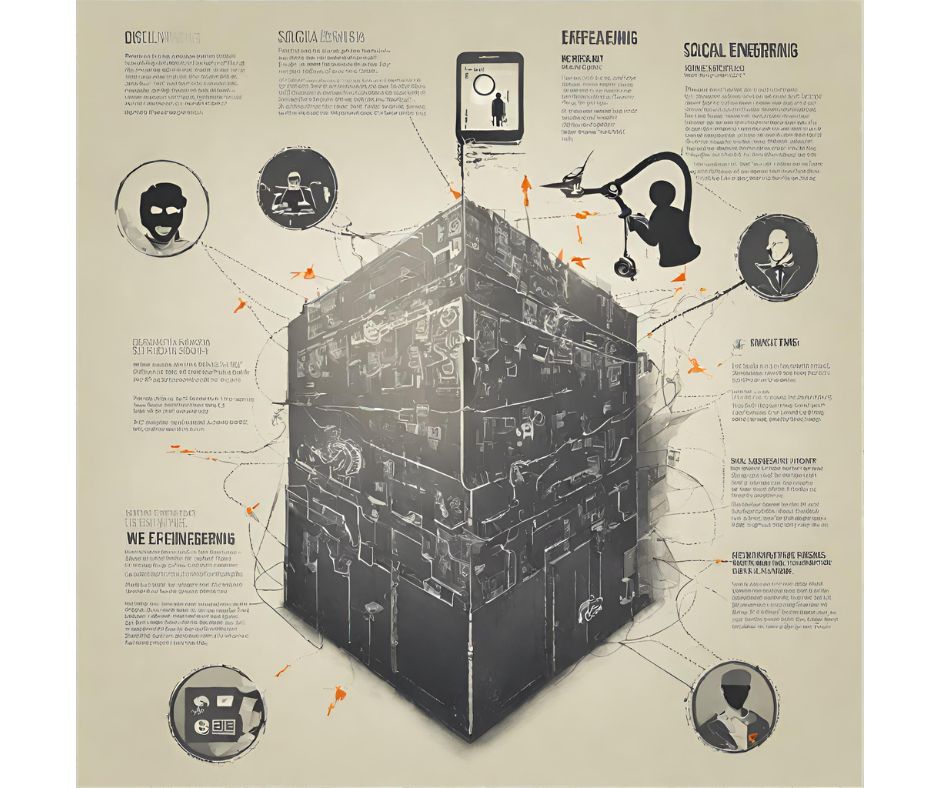Protecting Your Privacy: Preventing Smart TVs from Becoming Surveillance Devices
In the age of the connected home, smart televisions have become ubiquitous centerpieces, offering a wealth of entertainment and convenience features. However, these advanced devices also raise significant privacy concerns, as they are often equipped with an array of sensors and data collection capabilities that can be used to monitor and spy on users.
The Unsettling Surveillance Capabilities of Smart TVs
Smart TVs are designed to collect a wide range of personal data, including:
Voice Recordings: Integrated microphones enable voice control features, allowing users to issue commands through spoken input. However, these microphones could potentially be used to eavesdrop on private conversations.
Viewing Habits: Automatic content recognition (ACR) technology tracks what you watch, for how long, and which advertisements you’re exposed to. This data is often shared with content providers, broadcasters, and third-party advertisers.
Biometric Data: Some smart TVs come equipped with cameras capable of facial recognition, which can be used to identify users and monitor their activities.
Geolocation: Smart TVs may collect location data through IP addresses or built-in GPS sensors, potentially exposing information about your whereabouts.
This wealth of personal information is frequently transmitted to the TV manufacturer, streaming services, and advertising networks, raising significant concerns about privacy and the potential for misuse.
The Troubling History of Smart TV Surveillance
Over the past decade, there have been several high-profile incidents that have exposed the privacy-invading capabilities of smart TVs:
In 2015, security researchers discovered that Samsung’s “always-listening” smart TVs were transmitting users’ voice commands to third-party servers for processing, including sensitive personal information.
A year later, it was revealed that some Samsung TV models were sending unencrypted voice data to external parties, potentially compromising users’ private conversations.
In 2017, the Federal Trade Commission (FTC) took action against television manufacturer Vizio, fining the company for secretly collecting and selling customer viewing data without their knowledge or consent.
Even the FBI has warned consumers about the surveillance risks posed by smart TVs, advising users to cover cameras when not in use and be mindful of the devices’ microphone capabilities.
These incidents have underscored the urgent need for smart TV owners to take proactive measures to safeguard their privacy and prevent their living rooms from becoming unintended surveillance hubs.
Securing Your Smart TV: A Comprehensive Approach
Fortunately, there are several steps you can take to significantly reduce the risk of your smart TV spying on you and protect your personal information:
1. Adjusting Privacy Settings
Begin by thoroughly exploring your smart TV’s settings menu and adjusting the privacy-related options. Look for the following capabilities and turn them off if possible:
– Microphone access: Disable the ability for apps and voice control features to access the built-in microphone.
– Camera access: If your TV has an integrated camera, restrict or disable access to it.
– Data sharing: Opt-out of data collection and sharing with the TV manufacturer, content providers, and advertisers.
– Personalized advertising: Turn off targeted advertising features that track your viewing habits.
By proactively limiting the access and data collection capabilities of your smart TV, you can substantially mitigate the surveillance risks.
2. Deploying a Virtual Private Network (VPN)
One of the most effective ways to protect your smart TV from spying is by using a reliable virtual private network (VPN). A VPN encrypts your internet traffic and masks your IP address, making it significantly more difficult for third parties to monitor your online activities and access your personal information.
When selecting a VPN for your smart TV, look for providers that offer the following features:
– Strong encryption protocols: Ensure the VPN utilizes industry-standard AES-256 encryption to safeguard your data.
– No-logs policy: Choose a VPN service that has a proven track record of not storing or sharing user activity logs.
– Extensive server network: Access to a vast global network of VPN servers will allow you to bypass geographic content restrictions.
– High-speed performance: Look for a VPN that delivers fast, reliable speeds to support seamless streaming on your smart TV.
Some top VPN providers that meet these criteria include ExpressVPN, NordVPN, and Surfshark. By connecting your smart TV to a VPN, you can significantly enhance your online privacy and security.
3. Disabling Voice Commands
Many smart TVs come equipped with voice control capabilities, allowing users to issue commands and navigate the user interface through spoken input. While convenient, these voice-activated features also pose a privacy risk, as the microphones could potentially be used to eavesdrop on private conversations.
If your smart TV has voice control, consider disabling this functionality altogether. Locate the relevant setting in your TV’s menu and turn off the microphone access to prevent unintended recordings.
4. Avoiding the TV’s Web Browser
Smart TVs often include built-in web browsers, which can be vulnerable to various security threats and tracking mechanisms. To minimize your exposure, avoid using your smart TV’s browser for general internet surfing and online activities.
Instead, consider using a separate device, such as a laptop, tablet, or dedicated streaming media player, for web browsing, online shopping, and accessing sensitive websites. This way, you can isolate your smart TV’s internet usage to strictly entertainment-related tasks, reducing the opportunities for data collection and compromised security.
5. Reviewing App Permissions
Smart TVs, much like smartphones and tablets, often allow users to install a variety of third-party apps and services. These apps may request access to sensitive device features, such as the microphone, camera, or location services, which could be exploited for surveillance purposes.
Carefully review the permissions granted to each app installed on your smart TV and revoke access to any features that you deem unnecessary or potentially invasive. By limiting the app permissions, you can restrict the data that these applications can collect and help prevent unauthorized surveillance.
6. Keeping Software Up-to-Date
Maintaining the latest software updates for your smart TV is crucial for addressing known security vulnerabilities and ensuring you benefit from the latest privacy protections.
Manufacturers regularly release firmware updates that patch security holes and improve the overall security posture of their devices. Enable automatic software updates or regularly check for and install the latest firmware to stay ahead of potential threats.
7. Utilizing a Guest Mode
Many smart TVs offer a dedicated guest mode or user profile feature, which allows visitors or secondary users to access the device without exposing your personal settings, preferences, or data.
By enabling the guest mode when others use your smart TV, you can help prevent unauthorized access to your accounts, viewing history, and other sensitive information. This added layer of segregation can enhance your overall privacy and security.
8. Monitoring Network Activity
To gain a deeper understanding of your smart TV’s network activity and potential security threats, consider using a network monitoring tool or a router with advanced security features.
These tools can help you identify and block suspicious traffic, detect potential intrusions, and gain visibility into the data your smart TV is transmitting. By closely monitoring your home network, you can better protect your smart TV from becoming a conduit for surveillance and data breaches.
Staying Vigilant and Taking Control of Your Privacy
In the era of the connected home, smart TVs have become increasingly ubiquitous, offering a wealth of entertainment and convenience features. However, these advanced devices also pose significant privacy risks, as they are often equipped with surveillance capabilities that can be exploited to monitor user activities and collect personal data.
By taking proactive measures, such as adjusting privacy settings, using a VPN, disabling voice commands, and regularly updating your smart TV’s software, you can substantially reduce the risk of your living room becoming an unintended surveillance hub. Remember, maintaining vigilance and taking control of your privacy is crucial in the age of ever-evolving smart home technologies. Ultimately, safeguarding your personal information and preventing your smart TV from spying on you requires a multi-faceted approach. By implementing the strategies outlined in this comprehensive guide, you can enjoy the benefits of your smart TV while ensuring that your privacy remains firmly under your control.


